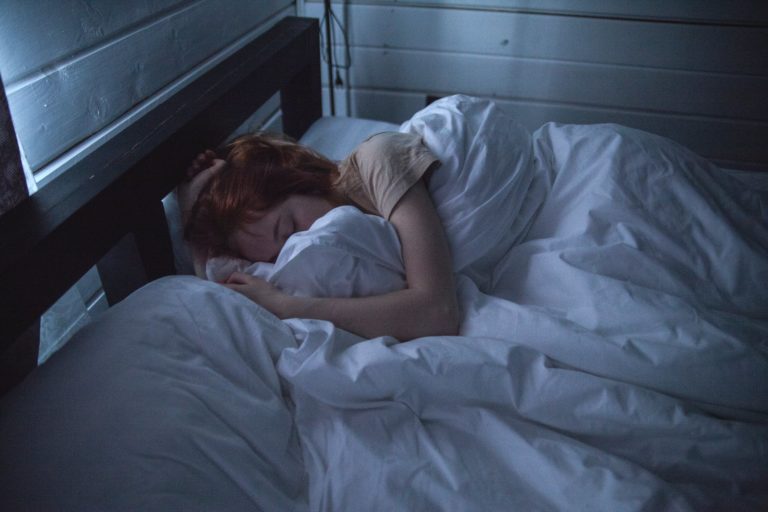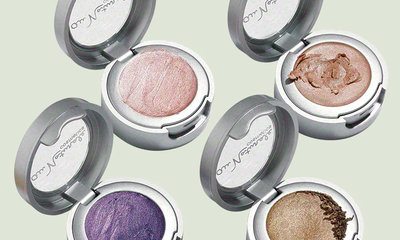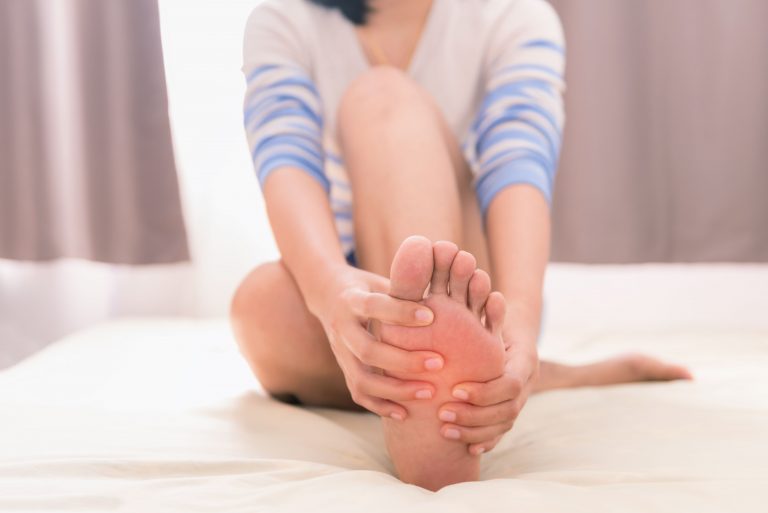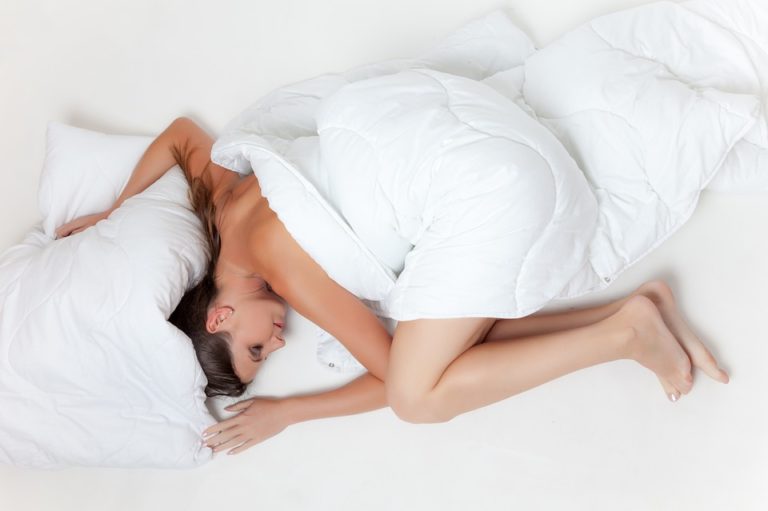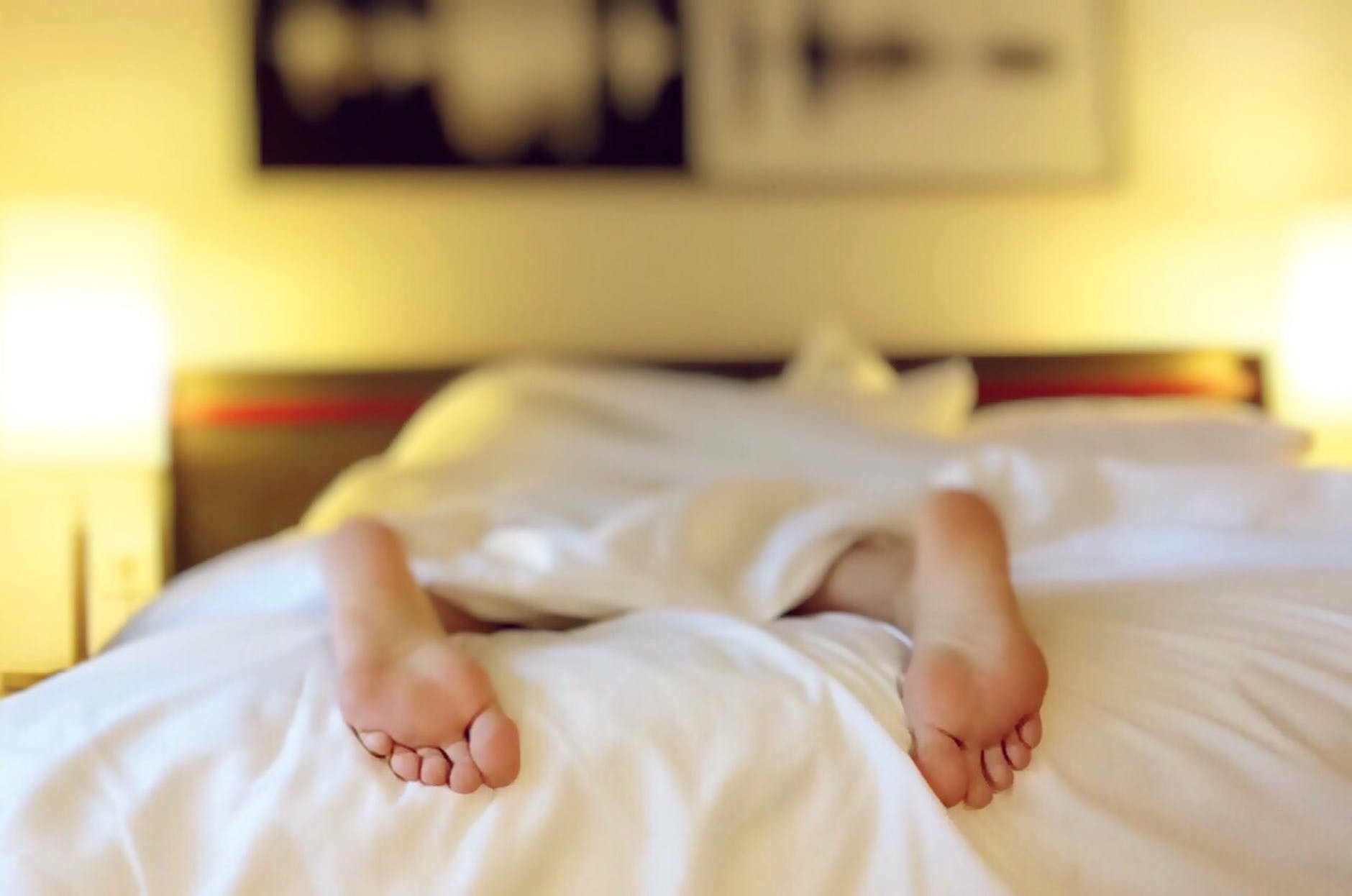
Sleep Apnea
A slumbering health threat that can lead to high blood pressure, cardiovascular damage, and diabetes, sleep apnea is often misdiagnosed. In fact, a recent study found that 83 percent of postmenopausal women with insomnia actually have sleep apnea.
This sleep disorder is characterized by breathing that repeatedly stops and starts. If you snore loudly (think: buzzsaw) and feel fatigued even after a full night’s sleep, you might have sleep apnea.
Recommendation: Ask your doctor for a sleep study if you frequently wake at night, have trouble falling asleep, feel depressed, and unexplainably exhausted during the day. Sleep studies aid the diagnosis of sleep disorders like sleep apnea, restless leg syndrome, and narcolepsy. Be proactive about your sleep health; it’s vital for your wellbeing.




